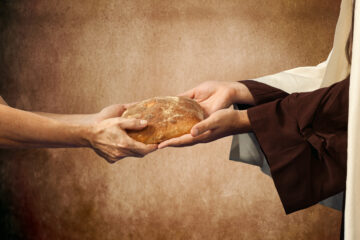Saint John the Karpathian
The moon, which waxes and wanes, resembles people, in that we sometimes do good and then sin. We then repent and return to the life of virtue. So people who sin don’t lose their minds, as some say, just as the body of the moon doesn’t decrease, but only its light does. We regain our brightness, then, through repentance, just as the moon regains its light after it’s waned.
Source: pemptousia.com




0 Comments